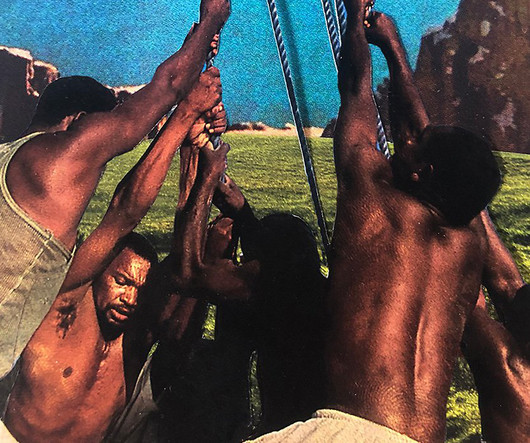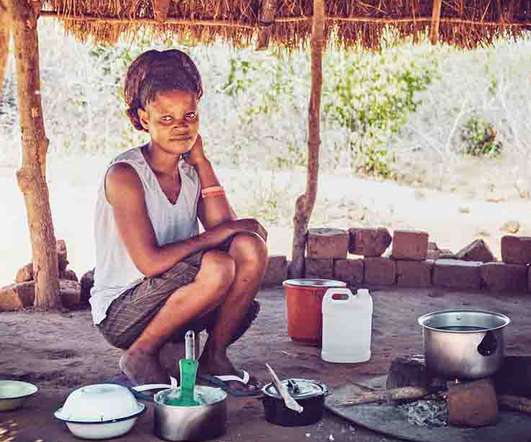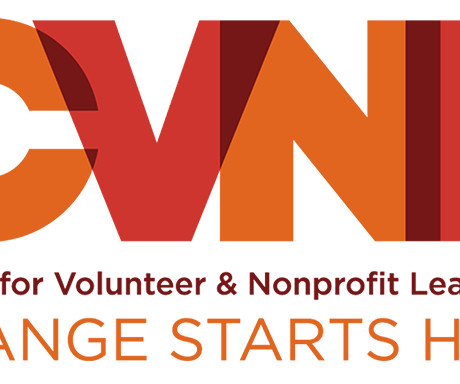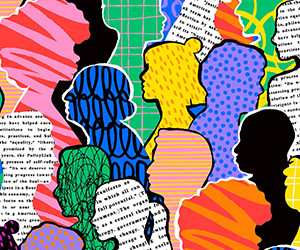Minding the Gaps: Neuroethics, AI, and Depression
NonProfit Quarterly
MARCH 24, 2025
3 By law, these must remain anonymous when used. 9 In addition, those who are diagnosed often experience more severe and disabling symptoms than those experienced by other races and ethnicities. percent of Black Americans live below the poverty line (the number is 7.7 10 Only 35.1 24 Meanwhile, as of 2022, 17.1




















Let's personalize your content